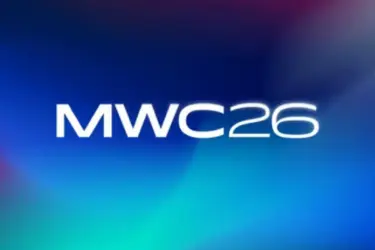Extended Mark-up Language (XML) was defined by the World Wide Web Consortium (W3C) as an open standard. W3C was responsible for all the Internet related standards, but now there are other consortia plying their own ideas of “standards”, some more open than others! Most consortia have key sponsors who want something for the money they are investing. Inevitably there are conflicts and two or more similar but incompatible standards emerge.
This is not all bad because it is far better than the proprietary world of old in which it was always difficult to get systems from two suppliers to work together! Two or three options are easier to live with than dozens. On the other side of the coin there is an advantage in a single proprietary system, which is what Microsoft has achieved in office systems. Unfortunately the downside of a monopoly is that quality, innovation and progress are all sacrificed at the altar of maintaining control.
The advent of the Web and the ensuing need for incompatible IT systems to suddenly become compatible gave a big impetus to true standards, such as XML. The suppliers couldn’t ignore these essential standards and so they endorsed them openly in the beginning, but this is a commercial world in which they don’t want a level playing field. All suppliers have adopted different strategies to cope with and to exploit the changes in the IT industry that this new found focus on standards has generated. IBM has made a big play with Linux and Java, but Linux has resulted in large sales of hardware and Java is merely the language and architecture employed in their proprietary program development tools. They exploit the open standard, Java, to point out that their proprietary tools will more likely interwork with other Java based systems than with Microsoft’s lone stance.
It is in such a climate that Microsoft’s commitment to XML is a little surprising. Anyone who thinks that Microsoft has any altruistic reasons for supporting an open standard is being naïve; only financial gain will interest Microsoft. XML is the focus but they are also heavily involved with the Web Services standards, both featuring prominently in Office 2003 and related announcements. They are exploiting these standards because they have no choice, such is the dominance of e-commerce today. The plan is obviously to get their products accepted in the open world and then gradually increase their market share until they are able to get away with variants on the standards and to create another monopoly. This they must do if they are to have any chance of growth; being one of many in the new markets would be totally disastrous for Microsoft and their share holders.
How then can their devotion to XML be exploited? Well XML is only a language; it is the applications that use it that are all important. The applications from Microsoft and their partners (who will be decimated when it suits Microsoft, as with all the other word processor, etc. suppliers) are far more important than XML. XML is the sales pitch to commit enterprises to Office 2003; in all cases the messages are encoded into XML by the rules included in a schema. The schema may be defined by application providers but many of them are integral with the Microsoft products. Microsoft are thus in control of who they will license to use their schema, without which other XML systems will not be able to integrate with Office 2003, etc. Microsoft has even applied for patents for their XML related schema; so much for openness!< BR>
Martin Healey, pioneer development Intel-based computers en c/s-architecture. Director of a number of IT specialist companies and an Emeritus Professor of the University of Wales.








